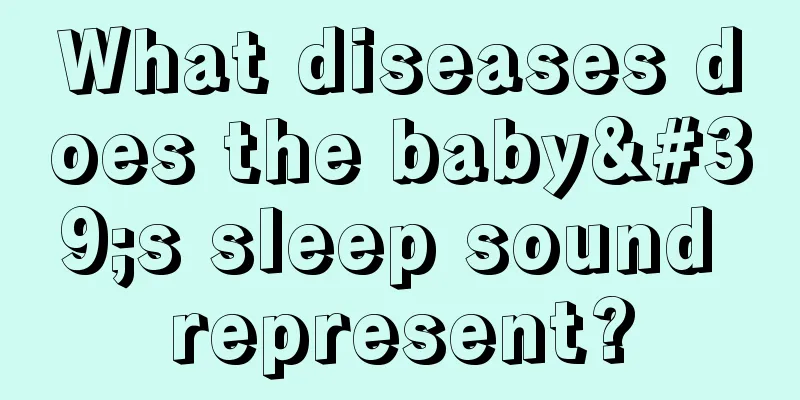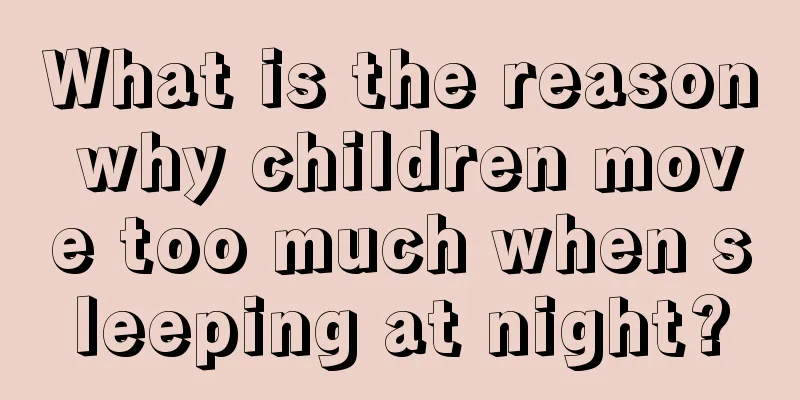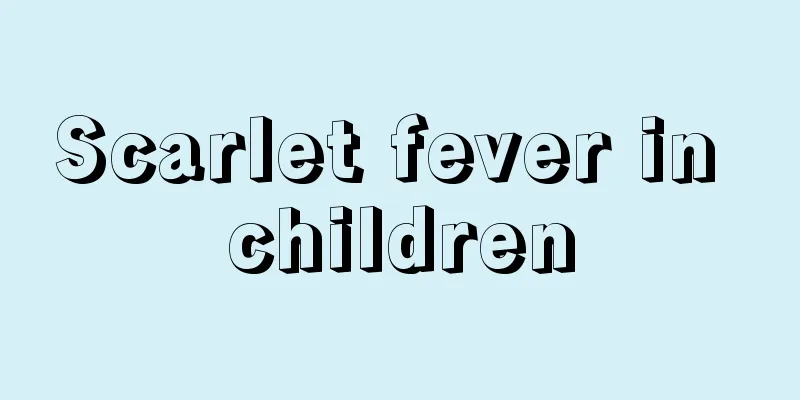Is newborn hearing screening accurate?

|
Generally speaking, newborn hearing screening is relatively accurate. If there are problems with the screening, a re-examination can be conducted. If the newborn's hearing screening fails, it means that there are certain problems with the child's hearing. We know that if a child has a hearing problem, it will have a great impact on the baby's future life and work. We must understand the specific reasons. Let's take a look at this aspect. Is newborn hearing screening accurate? Universal Newborn Hearing Screening (UNHS) is an objective, rapid and non-invasive examination performed on newborns in their natural sleep or quiet state after birth, using electrophysiological tests such as otoacoustic emissions, automated auditory brainstem response and acoustic impedance. Domestic and foreign reports indicate that the incidence of hearing loss in normal newborns and newborns with high-risk factors is quite different, with normal newborns being approximately 1%o to 3‰ and high-risk newborns being approximately 2% to 4%. Newborn hearing screening time 1. Initial screening process (primary screening): that is, hearing screening of newborns during their hospitalization 3-5 days after birth. 2. The second screening process (rescreening): Infants within 42 days of birth fail the initial screening; or the initial screening is "suspicious"; or even if the initial screening has "passed" but is at high risk of hearing loss, such as children in the intensive care unit, need to undergo hearing rescreening. Newborn hearing screening targets There are two main types of newborn hearing screening subjects: one is all normal newborns; the other is newborns with high risk factors for hearing impairment. Risk factors for hearing impairment: 1. Those who have been in the neonatal intensive care unit for 48 hours or more; 2. Premature birth (less than 26 weeks), or birth weight less than 1500 grams; 3. Hyperbilirubinemia; 4. Those with symptoms or signs of syndromes related to sensorineural and/or conductive hearing loss; 5. Those with a family history of permanent sensorineural hearing loss in childhood; 6. Craniofacial deformities, including microtia, external auditory canal deformity, cleft palate, etc.; 7. Intrauterine infection of the pregnant mother, such as cytomegalovirus, herpes, toxoplasmosis, etc. 8. The mother has used ototoxic drugs during pregnancy; 9. History of hypoxia and asphyxia at birth, Apgar score 0-4 points/1min or 0-6 points/5min; 10. Mechanical ventilation for more than 5 days; 11. Bacterial meningitis. |
<<: How many days should I stop breastfeeding for neonatal jaundice?
>>: What happens if a newborn is too warm?
Recommend
What to do if a child has red spots on his face
Children's skin is delicate, and they often h...
How to regulate the stomach of children?
Recently, many young children have been suffering...
What causes knee pain in children?
Children are the most precious treasures in every...
What to do if your 2-year-old baby is very active
When the baby is 2 years old, many parents feel t...
Hidden phimosis in children
When children are starting to grow, parents shoul...
What fruits can babies with pneumonia eat?
Babies suffer from pneumonia mostly due to colds....
The child is vomiting a lot, what's going on?
It is very common for children to vomit. For exam...
5 month old baby head circumference
After the baby is born, many new parents will pay...
Treatment for diarrhea in eight-month-old babies
An eight-month-old baby with diarrhea looks very ...
What to do if your child has a stuffy nose when sleeping at night
Some children always have a stuffy nose or even g...
What to do if your one-year-old baby is anemic
Anemia in babies is a very common phenomenon, and...
Does a baby sticking out tongue mean cerebral palsy? Reveal the truth to you
Some babies will stick out their tongues for a lo...
What to do if your child's face is scratched
It is inevitable that babies will fall due to bum...
What are the causes and precautions for eczema in four-year-old babies?
Children are the apple of the eye in the family, ...
Is breast development painful?
The normal physiological laws of the human body, ...









